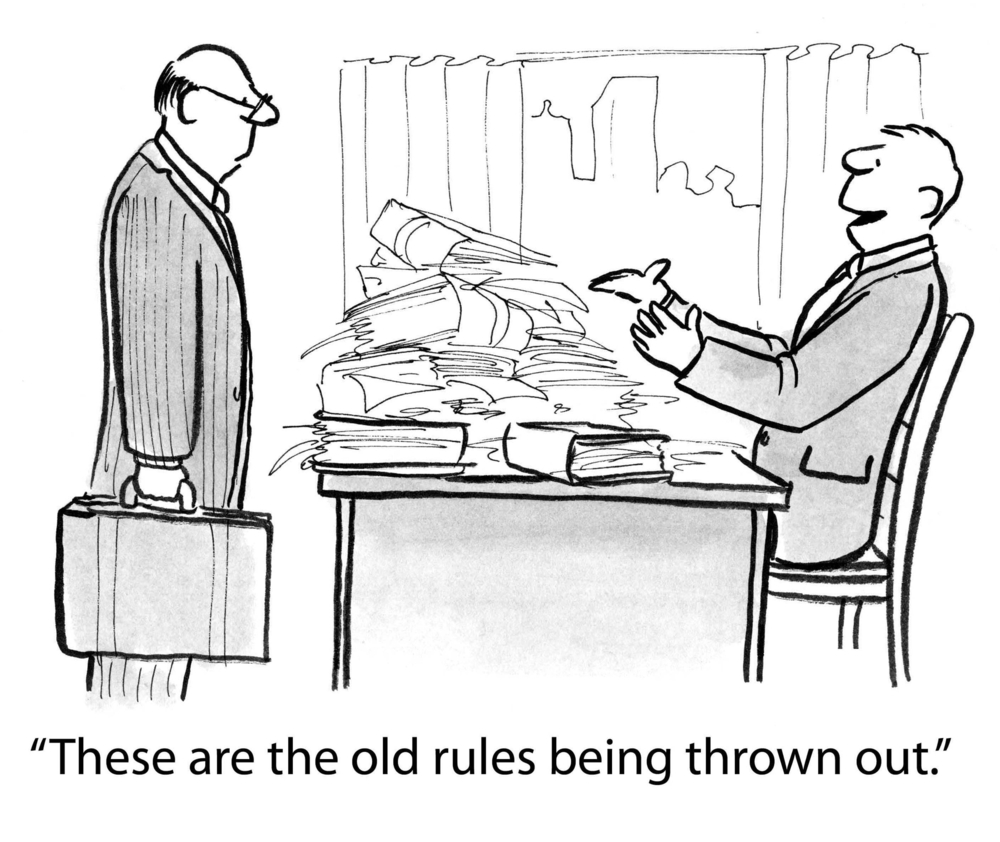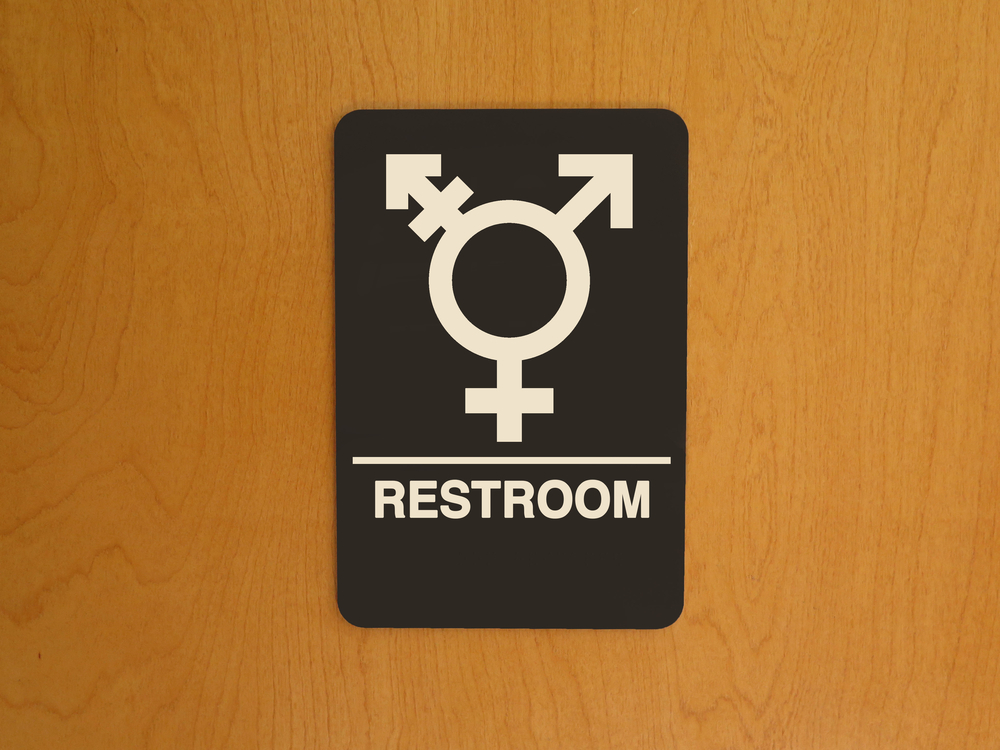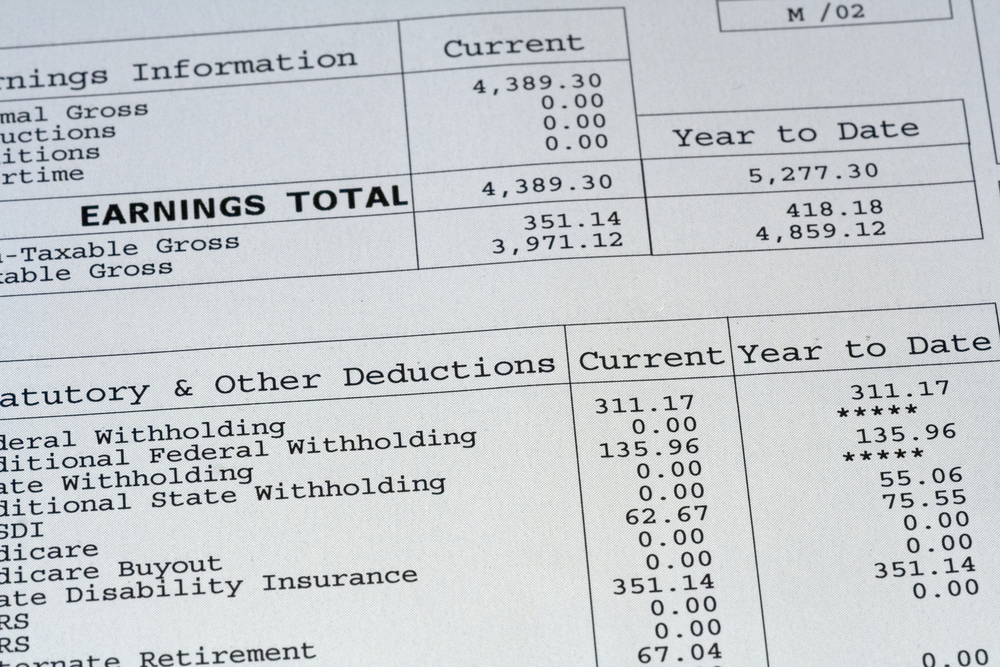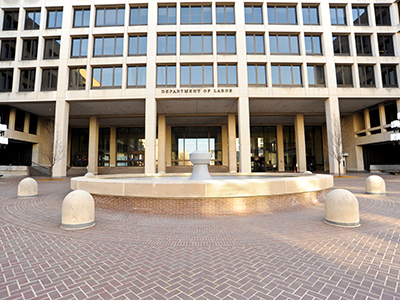A few months ago, the California State Assembly introduced AB 1676, a bill that not only would have prohibited employers from asking job applicants about their compensation history, but also would have required employers to provide pay scale information upon reasonable request. A nearly identical bill passed through the Assembly and Senate before it was vetoed by the Governor toward the end of last year. In his veto statement, the Governor expressed concern that such a measure “broadly prohibits employers from obtaining relevant information with little evidence that [it] would assure more equitable wages.”
As we previously reported, the Fair Pay Act (the “FPA,” Labor Code § 1197.5) requires “equal pay for substantially similar work” based on the employee’s skill, effort and responsibility, and similar working conditions. To the extent a disparity exists between employees of the opposite sex, it must be reasonably based on one or more the factors enumerated within the statute.
Perhaps hoping to avoid repeating history, proponents of AB 1676 have taken a new approach. In place of the provision prohibiting inquiries about prior salary history is new language that amends the FPA to state that “[p]rior salary shall not, by itself, justify any disparity in compensation.”
READ MORE →










